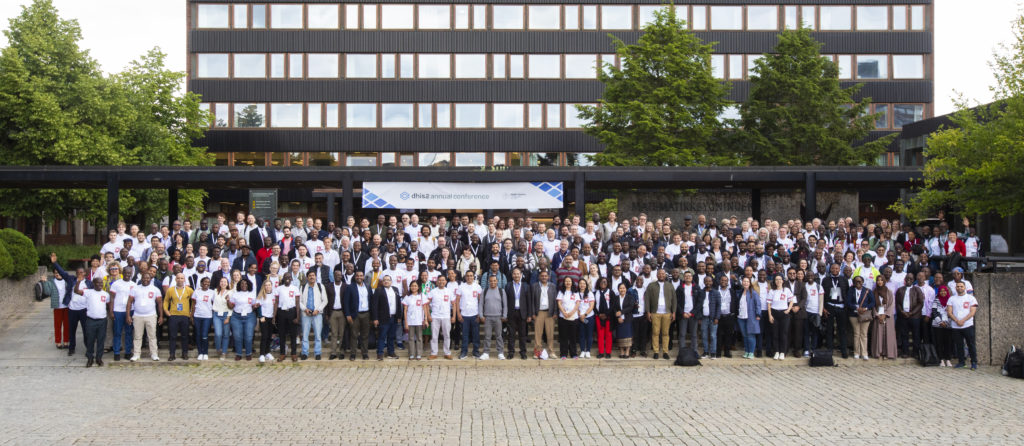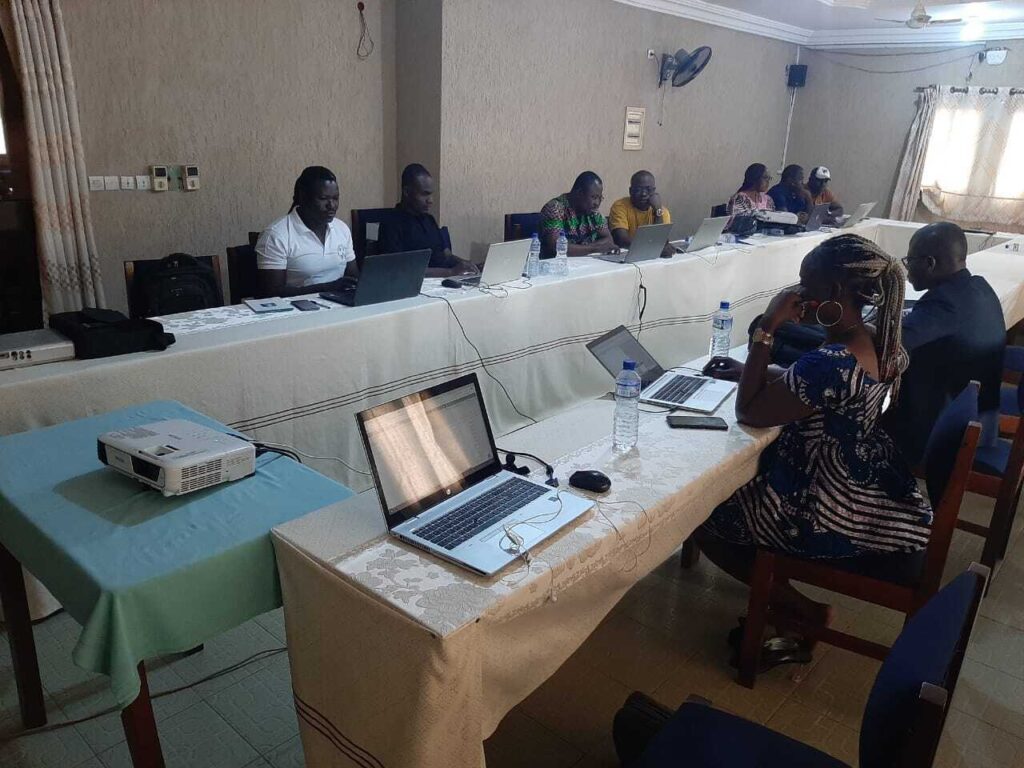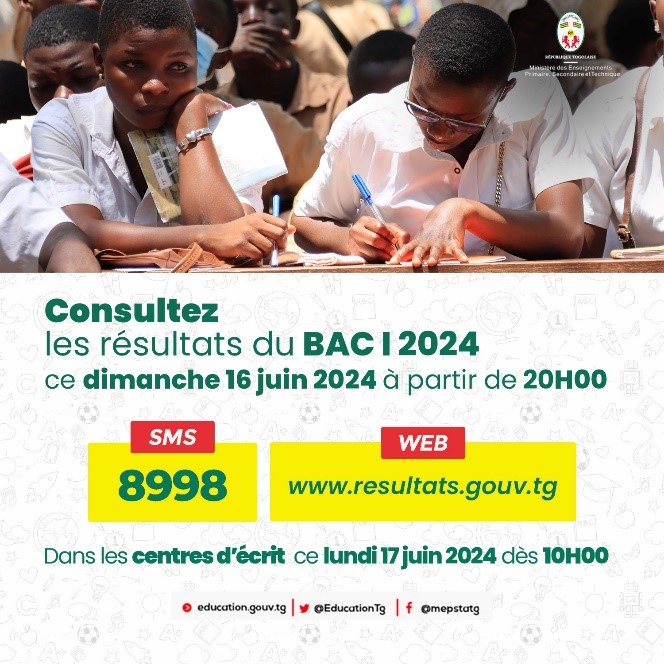
Publication of School Results in Togo: The Case of the Ministry of Primary, Secondary, and Technical Education
While crises in Togo have hindered education progress, the government has continued to commit to developing effective education strategies. The progress of Togo’s education system entails addressing several challenges. These include low access and equity issues in rural areas, low secondary schooling completion rates, and low literacy programme coverage.
The government’s education strategy 2014-2025 focuses on four key goals: (i) develop a quality basic education to achieve universal primary education by 2022, (ii) extend preschool coverage in rural and poorer environments, (iii) develop the second cycle of quality secondary, technical, vocational, and higher education courses, and (iv) reduce the illiteracy rate.
Togo’s education sector plan outlines several guiding principles one of which includes: Improving the management and governance of the education system by implementing a reliable information system, decentralizing management, and increasing accountability and transparency (GPE, 2024).
One area where countries are striving to balance transparency, privacy, and access is exam results. Prior to the recent increase in focus on personal information protection, many countries published exam results publicly on media platforms with students identified through identity numbers. In many countries, learners are now required to obtain their statement of results from the schools they attend or access through online examination board portals, which supports greater privacy but can lead to access issues depending on each country’s technological infrastructure, creating a demand for innovative solutions that fit the local context.
Before 2007, the school examination process in Togo was managed manually. This approach had several limitations and inefficiencies, and from 2007 to 2023 there was a significant shift as the process became computerized.
Every year, around 498,000 candidates sit for the three main school exams across Togo (Annuaire Statistiques scolaires, 2023). As of 2024 exam results are captured and stored in a national DHIS2 database. Despite the move towards computerization, challenges persisted. With manual consultation, there was the high cost of printing lists and the logistical challenge of transporting these lists from the central office to various centers nationwide. Candidates had to travel to these centres to check their results, often leading to damaged lists by dissatisfied students and crowding around notice boards. When consultation by SMS was introduced, new issues arose. The system often became congested during result publication, leading to slow server response times. The high cost of using SMS was a burden for the average citizen, and many parents found the process difficult to use.
Proposed Solution
Considering the data from the Regulatory Authority for Electronic Communications and Posts, with over 5.8 million mobile subscriptions and a 75.55% mobile penetration rate, a new solution was proposed: consultation via a WhatsApp Chatbot, linked to a DHIS2 database where exam results are stored on an individual student level. This method offers free consultation and fast response times. WhatsApp is widely used by students, making it an accessible platform for results announcement. The cost is minimal, results are available 24/7, and the process is more user-friendly than traditional SMS.
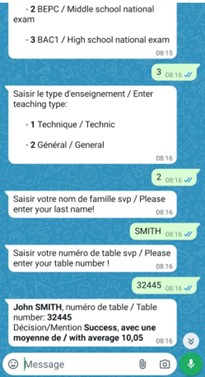
Functionality and User Experience
The WhatsApp Chatbot offers a streamlined and efficient process for result consultation:
-
- Student Interaction: Students send their exam number and name to the chatbot.
-
- Verification: The chatbot verifies the information against the DHIS2 database.
-
- Result Announcement: Once verified, the chatbot sends the results back to the student via WhatsApp.
This process is designed to be user-friendly, ensuring that even those with limited technical knowledge can easily access their exam results.
As educational data becomes more digitized, ensuring privacy and security is crucial. The DHIS2 system used by the WhatsApp Chatbot adheres to strict data protection standards, offering a secure platform for handling sensitive information.
Development Steps
The development of the WhatsApp Chatbot involved several key steps. The configuration of the WhatsApp API was necessary to support the chatbot and ensure it could handle a large volume of consultations. The IT team at the Ministry of Education collaborated with developers from HISP West and Central Africa to create the chatbot. The chatbot was programmed to interact with students by receiving their exam numbers and names, verifying this information against the database stored in the Education National DHIS2 instance, and promptly sending the results via WhatsApp. Before deployment, the chatbot underwent extensive testing to identify and resolve any potential issues. This included stress testing to ensure the system could handle high traffic during peak result publication periods before the chatbot was deployed in June 2024.
Impact & Feedback
The deployment of the WhatsApp Chatbot on June 16, 2024, was met with a substantial number consultations and positive feedback from users. The new system significantly improved the accessibility and efficiency of result publication. Students and parents appreciated the convenience of receiving results directly on their phones without incurring additional costs. The success of this initiative represents a significant milestone in the process of making examination result publication more efficient and accessible. It also serves as a model for other countries facing similar challenges in managing educational outcomes.
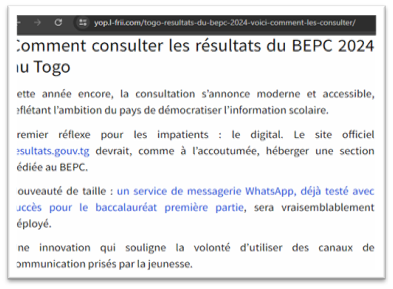
The journey from a manual, inefficient system to a modern, digital solution for managing school examination results in Togo illustrates the transformative power of technology in education. The WhatsApp Chatbot represents a significant advancement in making educational outcomes more accessible and transparent. By addressing the challenges of cost, accessibility, and server congestion, this innovative solution has set a new standard for result publication in Togo.
The success of this initiative highlights the importance of leveraging existing technologies, such as mobile phones and popular messaging platforms, to improve educational services. As the system continues to evolve with future enhancements, it holds the potential to further democratize access to educational information and support the broader goals of Togo’s education strategy.

